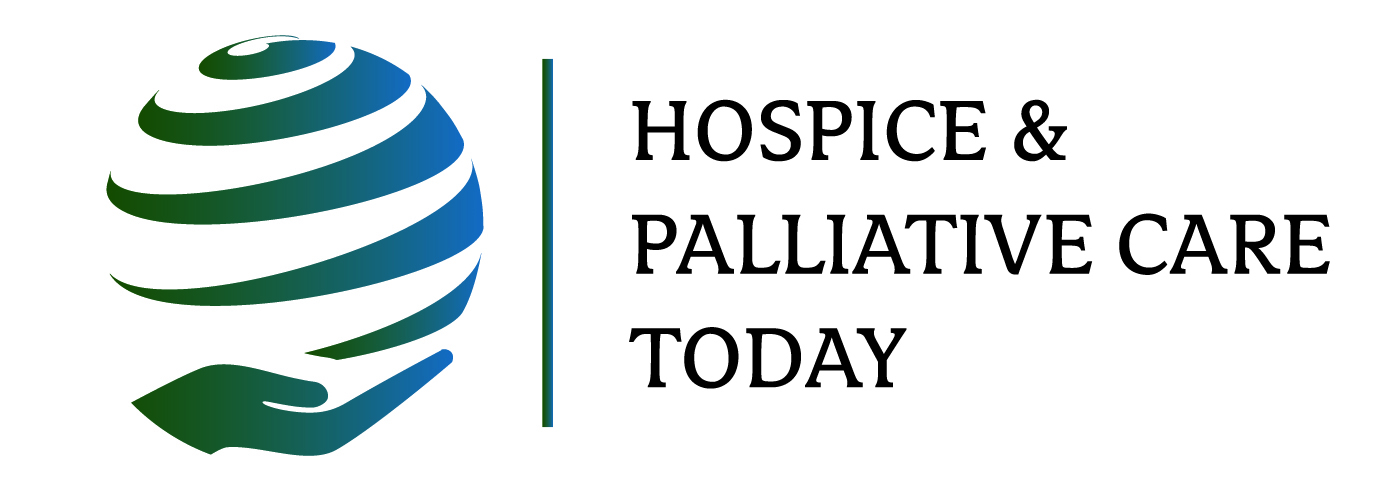Sign up for our free daily newsletters here! Note: subscribers can access our search feature!
Welcome to Hospice & Palliative Care Today, a daily email summarizing numerous topics essential for understanding the current landscape of serious illness and end-of-life care. Teleios Collaborative Network podcasts review Hospice & Palliative Care Today monthly content - click here for these and all TCN Talks podcasts.
2. Family Hospice, Alzheimer’s Association partner on ‘Check In’ program for dementia patients
3. Rethinking palliative care for people affected by homelessness
8. Have a question about death? A new project may have answers.
11. Governor creates new LTC oversight board, pledges to fill surveyor openings by year’s end
AI Code of Conduct for Health and Medicine presented in new NAM special publication
National Academies - Sciences, Engineering, Medicine, Washington, DC; News Release; 5/19/25
A new special publication from the National Academy of Medicine (NAM) provides a framework to guide responsible, effective, equitable, and human-centered use of artificial intelligence (AI) in health and medicine. The development and deployment of AI in health are accelerating, and the promise for transformative gains is substantial. Yet without close attention to risks posed by these technologies, the possibility exists for unintended, potentially harmful consequences, the publication says. The AI Code of Conduct framework is intended as a touchstone for organizations and groups developing approaches for use in their specific contexts. The publication presents six commitments and 10 principles to align the field around responsible development and application of AI.
Family Hospice, Alzheimer’s Association partner on ‘Check In’ program for dementia patients
Hospice News; by Jim Parker; 8/11/25
Family Hospice is working with the Alzheimer’s Association, Georgia Chapter, to improve safety for dementia patients through a new collaborative campaign. The #ICheckedIn campaign calls on community members to check on seniors in their community, particularly those who suffer from dementia or memory loss, through phone calls, visits or other modes of communication.
Editor's Note: This article by Hospice News was reposted by the American Academy of Hospice and Palliative Medicine (AAHPM) under the title, "Hospice encourages public to check on older neighbors."
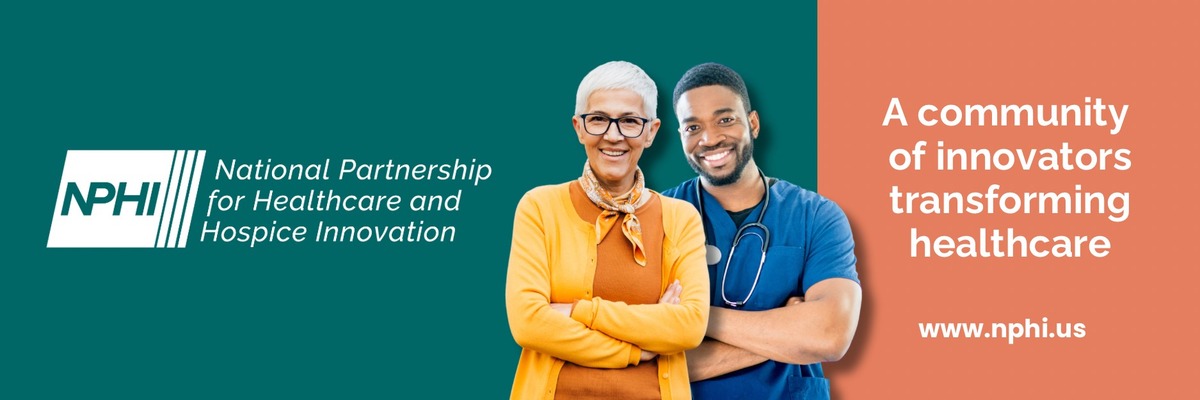 |
Rethinking palliative care for people affected by homelessness
Nursing in Practice, United Kingdom; by Karita Razzell; 8/5/25
Well-timed palliative intervention can be a game-changer for people affected by homelessness facing advanced ill health, says Karita Razzell, palliative care manager at the charity St Mungo’s. ... There are various reasons behind the stark health disparities faced by people experiencing homelessness. ... Many individuals are living with serious mental health conditions, substance use issues, undiagnosed neurodiversity, and chronic physical illnesses – all of which can make clinical environments like hospitals particularly challenging for them. ... There are also digital hurdles: appointment systems and prescription services are increasingly online, yet many people without stable housing lack access to mobile phones or the internet. ... As a result, treatable conditions in people affected by homelessness often go undiagnosed until they reach an advanced stage.
Editor's Note: People experiencing homelessness in the U.S. face similar challenges to these described in the U.K. Organizations such as The Hildegard House in Louisville, KY, and others in the national Omega Home Network of “comfort care homes” quietly provide this sensitive, crucial palliative and hospice care. Click here to see a national map of these homes.
Building a strong foundation for pediatric palliative care in Connecticut
Solomon Center for Health Law and Policy at Yale Law School, Targeted News Service; by Wendy Jiang, Elle Rothermich, Eugene Rusyn; 8/12/25
The Solomon Center for Health Law and Policy at Yale Law School has released a white paper outlining concrete pathways for Connecticut to guarantee pediatric palliative care (PPC) from diagnosis--not only at end of life--while building a workforce equipped to deliver it statewide. The report highlights two foundational barriers: coverage that generally triggers only when a child receives a six-month terminal prognosis, and a shortage of clinicians trained in primary palliative skills, leading to delayed referrals and fragmented support for families facing serious childhood illness. The authors recommend two primary coverage strategies for the state.
Editor's Note: Though written for Connecticut, this 42-page white paper from Yale provides excellent information and recommendations to examine for one's own state. Its sub-title is "Establishing a statewide coverage pathway & expanding primary palliative care education for pediatric clinicians."
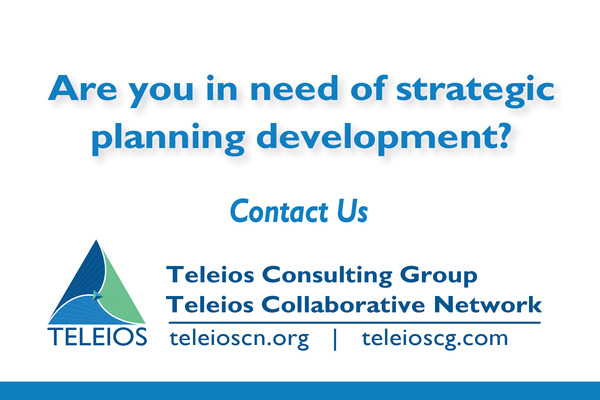 |
Taking the magnetic approach to leadership: Stop chasing and start attracting through alignment and authentic presence.
Psychology Today; by Jessica Schrader; 8/3/25
Key points:
- Traditional leadership models of hustle and force lead to burnout and disconnection.
- Magnetic leadership comes from internal alignment, not external pressure.
- Neuroscience shows aligned, emotionally regulated leaders inspire deeper trust and results.
... Magnets don’t hustle, manipulate, or sell. They simply align. Their power doesn’t come from chasing or force but from attracting with their alignment. Our brains are wired for emotional resonance. According to Dr. Richard Boyatzis of Case Western Reserve University, resonant leaders who operate from alignment and empathy activate neural circuits in others that increase trust and engagement (Boyatzis et al., 2013).
... Positive psychology research shows that when individuals act in ways aligned with their core values, they report higher motivation, resilience, and satisfaction (Sheldon & Elliot, 1999). Alignment isn’t just a trendy buzzword. It's foundational for sustainable fulfillment.
Hospice claim denial remanded to ALJ in absence of explanation, (Aug 4, 2025)
VItalLaw; by Leah S. Poniatowski, JD; 8/4/25
... A hospice provider that was denied Medicare reimbursement for two patients was granted remand to the administrative law judge (ALJ) because the ALJ’s decision was without any reasoned discussion, which impaired review and suggested that the ALJ had used her lay assessment of the medical record, the federal district court in Delaware ruled (Seasons Hospice & Palliative Care of Delaware, LLC v. Kennedy, No. 24-175-GBW-LDH (D. Del. July 31, 2025)).
 |
Simulation, flipped classroom, and reflective dialogue in socioemotional training in end-of-life care: Perspectives of nursing students
Journal of Hospice & Palliative Nursing (HPNA); by María Lanza, Rebeca Abajas, Mar Aparicio Aparicio, Ángeles Melero, Carmen Ortego; 8/1/25
The implementation of active methodologies in end-of-life education can play a crucial role in stimulating participatory learning and facilitating the acquisition of socioemotional competencies. ... From the students’ perspective, simulation, reflective dialogue, and flipped classroom enhance the conceptual learning process and facilitate students’ socioemotional preparation to face this complex and challenging professional situation.
Editor's Note: Today’s tech-savvy nursing students show that simulation, reflective dialogue, and flipped classrooms build the person-centered qualities hospice and palliative care need. Use these methods—inside and outside the classroom—to improve patient/family care, teamwork, and self-care. For more information:
Have a question about death? A new project may have answers.
The New York Times; by John Otis; 8/5/25
A new Times series examines the topic of death and dying in 2025. Ms. Pisapia, an editor on The Times’s Projects and Initiatives team, pitched a series to her team titled “Death in the Modern Age.” It would focus on end-of-life issues and serve as a resource for readers who might be grappling with their own mortality or coping with the loss of someone close to them. ... The cornerstone of the project is an F.A.Q. titled “Let’s Talk About Death,” compiled from several hundred submissions from Times readers who either asked questions related to death and dying or shared personal experiences.
 |
Amedisys pays $1.1 million for HSR compliance lapse amid pending UnitedHealth deal
Lexology - Triage Health Law Blog; by Squire Patton Boggs; 8/12/25
Amedisys, a major provider of home health and hospice care, has agreed to pay a $1.1 million civil penalty to settle allegations that it violated the Hart-Scott-Rodino (HSR) Act during the antitrust review of its pending $3.3 billion acquisition by UnitedHealth’s Optum division. ... In December 2023, while responding to a DOJ “Second Request” for information, a mandatory step in large merger reviews, Amedisys filed a sworn certification that its production was “true, correct, and complete.” In reality, the company knew that its email archiving system had malfunctioned, causing the loss of a month’s worth of emails from May–June 2023, a critical period in the merger negotiations. ... The DOJ emphasized that this was not a “minor paperwork glitch” but a material omission in a sworn filing.
Medicaid payments and racial and ethnic disparities in Alzheimer disease special care units
The Journal of the American Medical Association - JAMA Network Open; by Huiwen Xu, PhD, Shuang Li, PhD, John R. Bowblis, PhD, Monique R. Pappadis, PhD, Yong-Fang Kuo, PhD; James S. Goodwin, MD; 8/4/25
In this cohort study of 13, 229 nursing homes, those with higher proportions of Black or Hispanic residents were less likely to have Alzheimer disease special care units. The disparities among nursing homes serving high proportions of Black residents, however, narrowed and even disappeared in states with higher Medicaid payment-to-cost ratios. ... This study suggests that more generous Medicaid payments may be associated with improved availability of specialized dementia care in nursing homes that serve primarily marginalized Black residents.
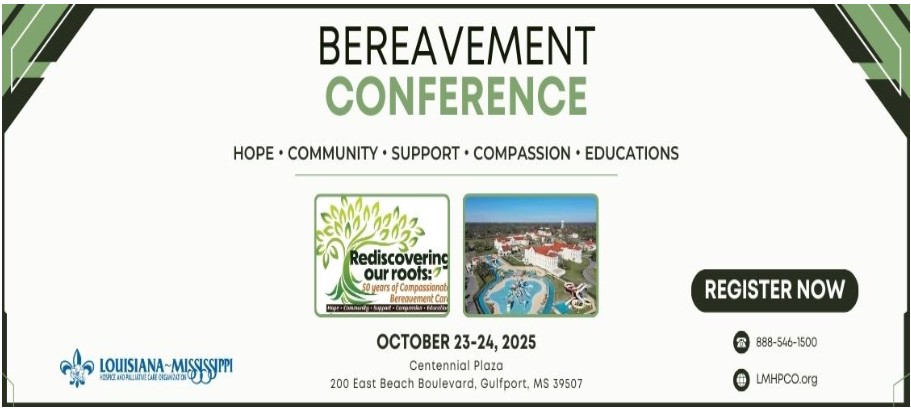 |
Governor creates new LTC oversight board, pledges to fill surveyor openings by year’s end
McKnights Long-Term Care News; by Jessica R. Towhey; 8/12/25
A new politically appointed Nursing Home Oversight and Accountability Advisory Board is being proposed as a way to strengthen facility oversight in a state that has a 42% vacancy rate among its public inspectors. Gov. Glenn Youngkin (R) called for the board, which will consist of members appointed by the state Secretary of Health, in an executive order issued Monday. Both LeadingAge Virginia and the Virginia Health Care Association / Virginia Center for Assisted Living applauded the overall goals of the executive order but cautioned that resources to implement the directives are needed.
Guest Editor's Note, Judi Lund Person: The Virginia governor, Glenn Youngkin, has taken steps to address surveyor vacancies and strengthen oversight for nursing homes in the state, calling on partnerships with other states for training. Advocates cited the state, as in many other states, is hampered by flatline funding from federal partners and the lack of clinical staff willing to fill surveyor roles.
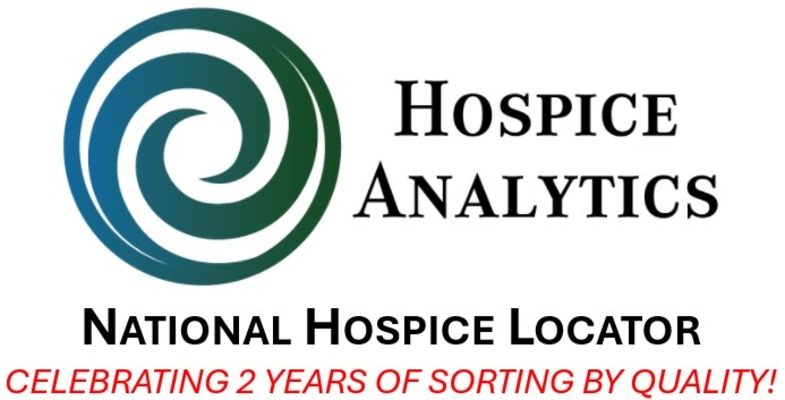 |
The Fine Print:
Paywalls: Some links may take readers to articles that either require registration or are behind a paywall. Disclaimer: Hospice & Palliative Care Today provides brief summaries of news stories of interest to hospice, palliative, and end-of-life care professionals (typically taken directly from the source article). Hospice & Palliative Care Today is not responsible or liable for the validity or reliability of information in these articles and directs the reader to authors of the source articles for questions or comments. Additionally, Dr. Cordt Kassner, Publisher, and Dr. Joy Berger, Editor in Chief, welcome your feedback regarding content of Hospice & Palliative Care Today. Unsubscribe: Hospice & Palliative Care Today is a free subscription email. If you believe you have received this email in error, or if you no longer wish to receive Hospice & Palliative Care Today, please unsubscribe here or reply to this email with the message “Unsubscribe”. Thank you.

